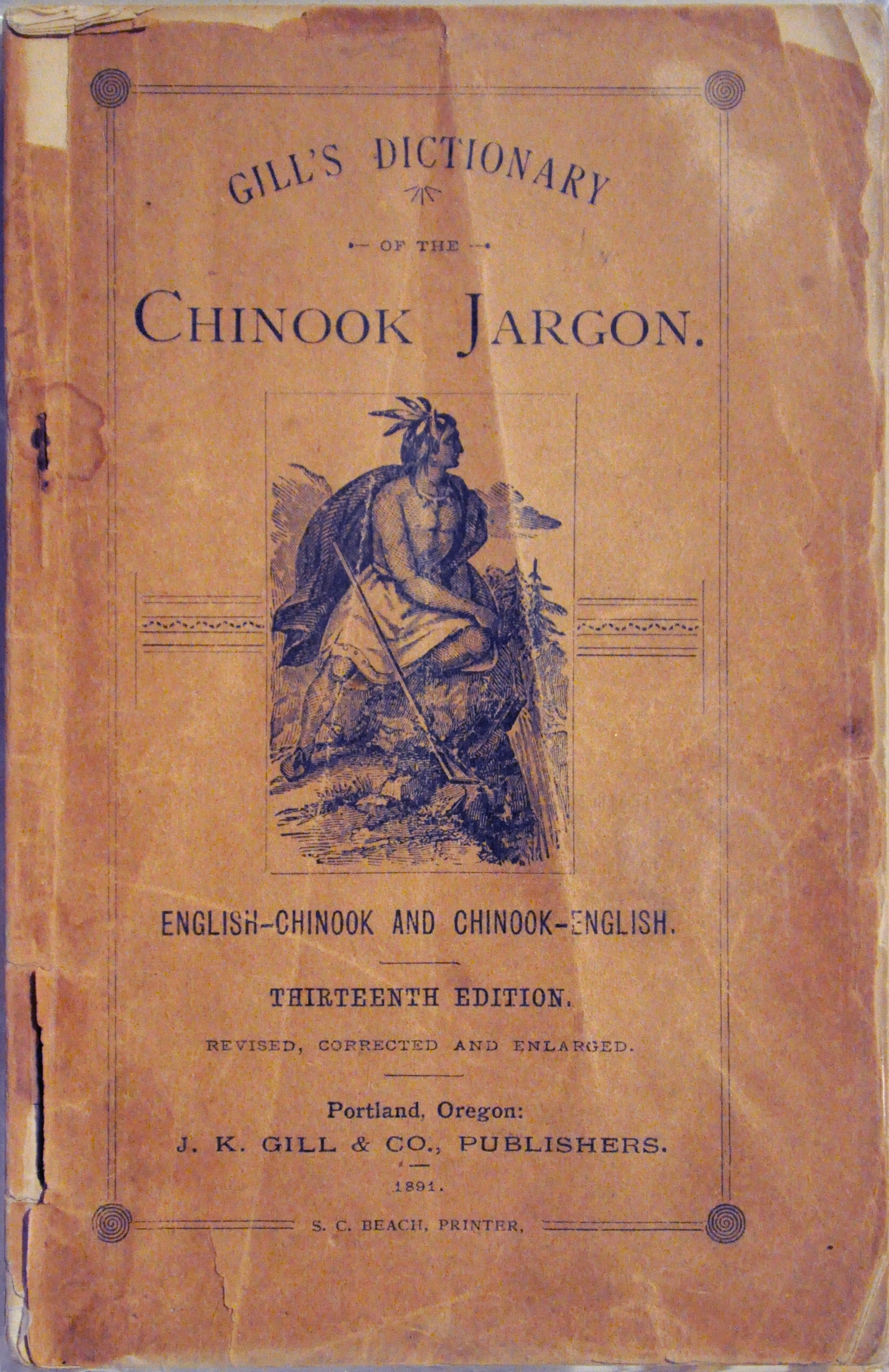Though variations of the dialect can no doubt still be heard in communities scattered throughout the woodlands west of Hudson Bay, the term "Bungi" - in conjunction with the dialect and those who spoke it - is restricted to the Red River area. The word Bungi itself is probably of Ojibwa origins, ie, from panki, meaning "a little" or "a portion of something." Some Cree elements appear in the sentence patterns and sound structures of Bungi, eg, the interchangeable use of "s" and "sh." The vocabulary includes Cree, Scots, Gaelic and French words and expressions; and the Scots influence is further reflected in the accent and "lilt" of Bungi speech. Some of these features persist in the dialect still spoken by some older residents. Bungi is currently spoken by only a handful of people, likely the descendants of the Hudson's Bay Co fur traders.
-
- MLA 8TH EDITION
- Blain, Eleanor M.. "Bungi". The Canadian Encyclopedia, 14 December 2013, Historica Canada. development.thecanadianencyclopedia.ca/en/article/bungee. Accessed 17 February 2026.
- Copy
-
- APA 6TH EDITION
- Blain, E. (2013). Bungi. In The Canadian Encyclopedia. Retrieved from https://development.thecanadianencyclopedia.ca/en/article/bungee
- Copy
-
- CHICAGO 17TH EDITION
- Blain, Eleanor M.. "Bungi." The Canadian Encyclopedia. Historica Canada. Article published June 16, 2008; Last Edited December 14, 2013.
- Copy
-
- TURABIAN 8TH EDITION
- The Canadian Encyclopedia, s.v. "Bungi," by Eleanor M. Blain, Accessed February 17, 2026, https://development.thecanadianencyclopedia.ca/en/article/bungee
- Copy
Thank you for your submission
Our team will be reviewing your submission
and get back to you with any further questions.
Thanks for contributing to The Canadian Encyclopedia.
CloseArticle
Bungi
Article by Eleanor M. Blain
Published Online June 16, 2008
Last Edited December 14, 2013

 Share on Facebook
Share on Facebook Share on X
Share on X Share by Email
Share by Email Share on Google Classroom
Share on Google Classroom


